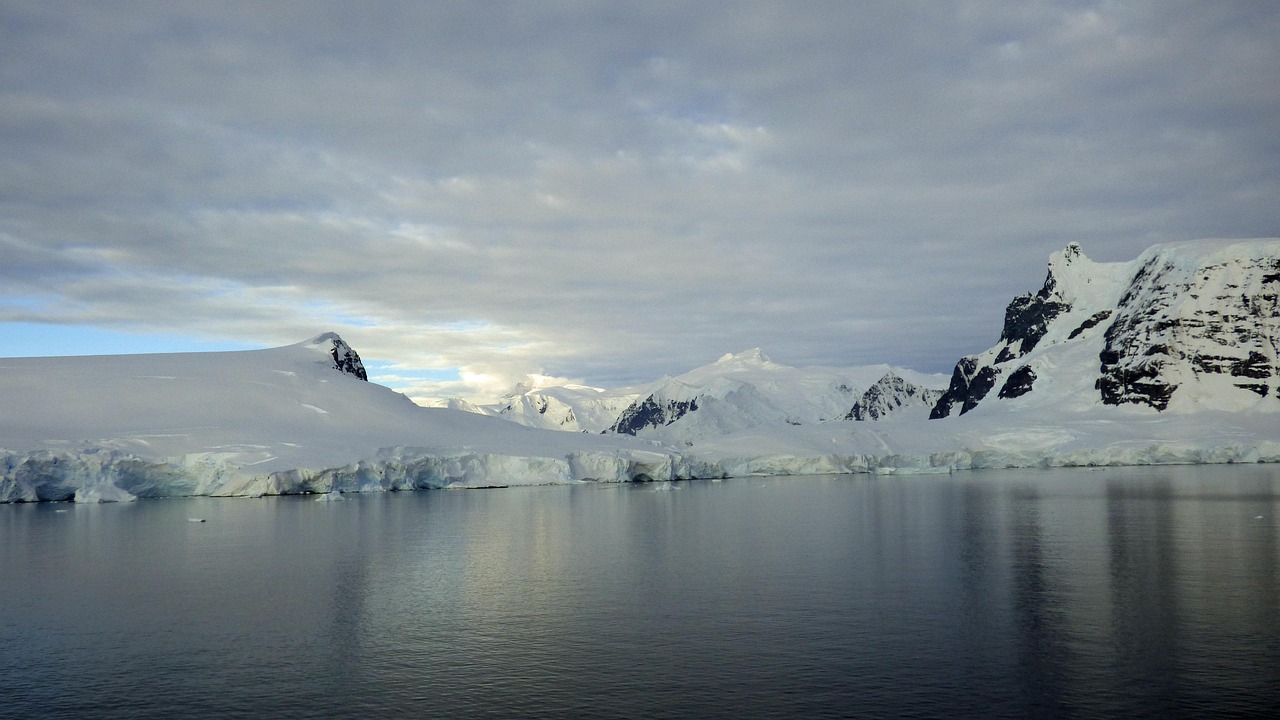
By Steven Mew, the Australian Science Media Centre
The Australian Parliament has released a report on Australia’s relationship with the Antarctic Treaty System. The report, titled 'Australia’s Antarctic Territory: Report on the Inquiry into the Importance of Antarctica to Australia’s National Interests', makes 13 recommendations relating to Australia’s relationship with the Antarctic Treaty System, supporting conservation and scientific research, and the beneficial position of Hobart as Australia’s Antarctic Gateway.
Alicia Payne MP, Chair of the Joint Standing Committee on the National Capital and External Territories, who released the report, said the inquiry has highlighted the pivotal role that Antarctica plays in advancing Australia’s scientific, environmental, strategic, and economic priorities.
“This role is made ever more pressing by the current rate of man-made climate change and the crucial function Antarctica has in regulating our climate systems,” she said.
Professor Matt King, Director of the Australian Centre for Excellence in Antarctic Science told an AusSMC Expert Reaction that the committee has made excellent recommendations on some of the critical issues to better respond to the rapid change in the Antarctic.
“I'm particularly pleased for the call for long-term support for university research, which leads or supports 75% of all Australian Antarctic research, and the call for a second ship,” he told the AusSMC, referencing the report’s recommendation that Australia should lease or acquire a second vessel to undertake the core resupply of Australia’s Antarctic stations on an ongoing basis.
Australia’s current icebreaker, the RSV Nuyina, is the main lifeline for resupplying Australia’s Antarctic and sub-Antarctic research stations, while also being the central platform for our Antarctic and Southern Ocean scientific research. The new report calls for prioritising the RSV Nuyina for scientific research.
Dr Nicole Hellessey, an Adjunct Researcher with the Institute for Marine and Antarctic Studies (IMAS) at the University of Tasmania, says supporting research into the Antarctic continent and the Southern Ocean is beneficial to all Australians.
“Australia's weather and ecosystem is intrinsically linked to Antarctica. By supporting conservation in Antarctica, we are ensuring the conservation of a major factor within our close climate and environmental region,” she said.
According to Dr Jane Younger, lecturer in Southern Ocean Vertebrate Ecology at the University of Tasmania, consistency in funding is another key issue, and funding uncertainty is hampering long-term projects.
“If we want to maintain Australia’s position as a leader in Antarctic science and conservation, we need stable, predictable funding structures that allow scientists to focus on research rather than securing short-term grants,” she said.
Evidently, the authors of the report and Ms Payne agree.
“Science and conservation are the currencies of influence in Antarctica. It is incredibly important that Australia continues to invest in world-leading research and support Antarctic science,” she said.
You can find the full AusSMC Expert Reaction here.
This article originally appeared in Science Deadline, a weekly newsletter from the AusSMC. You are free to republish this story, in full, with appropriate credit.
Contact: Steven Mew
Phone: +61 8 7120 8666
Email: info@smc.org.au